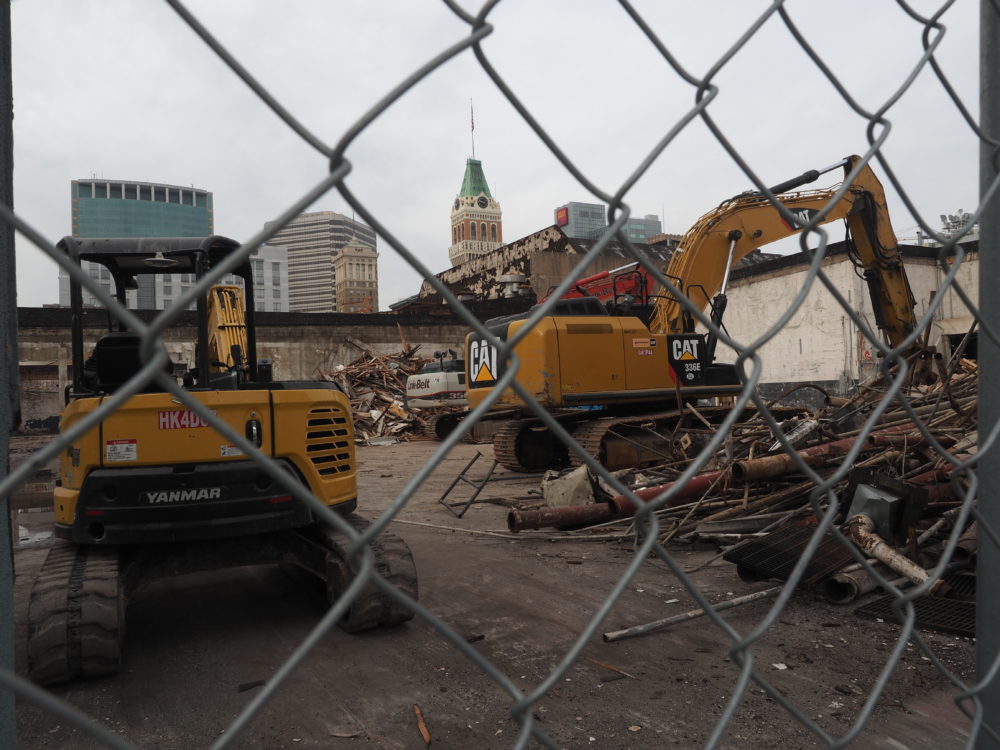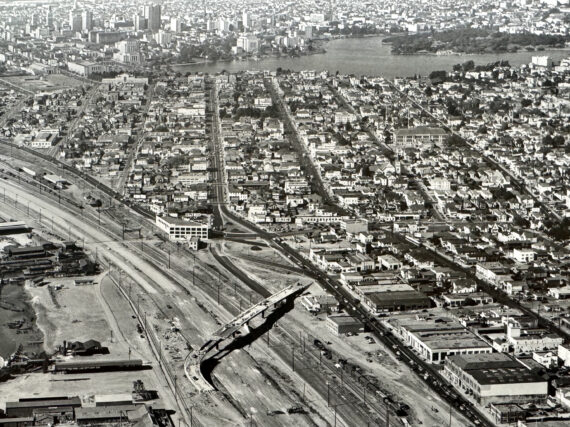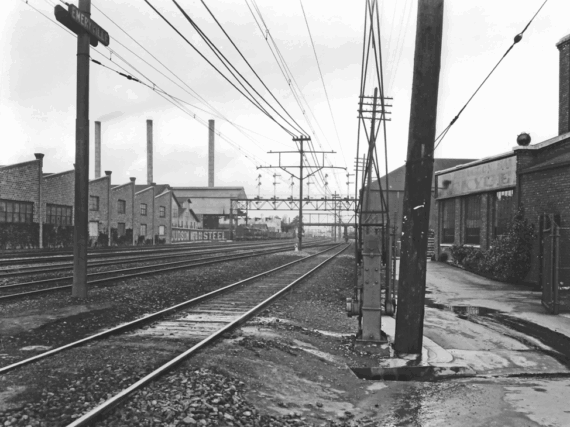Words and photos by Liam O’Donoghue
Local media has been disintegrating ever since Craigslist started draining revenues from newspapers’ classified sections two decades ago. Facebook and Google gobbling up the remaining advertising market has accelerated the downward spiral into total collapse. Nearly every East Bay newspaper has shuttered and a New York-based “vulture” hedge fund is strip-mining some of the last survivors. The East Bay Express was an oasis in this news desert, but last month the alternative weekly’s entire newsroom got axed.

Why does the evaporation of local media matter?
The most obvious reason involves journalists’ watchdog role. Reporters who expose corruption and shine a spotlight on abuses of power are a necessary part of any healthy civic ecosystem. Injustice is everywhere and without people trained to reveal it and large platforms to demand accountability, the problems all around us will only get worse. But local journalism is crucial well beyond its function of uncovering scandals. By sharing information about what’s happening in a community, local media helps keep that community connected.
With society’s growing reliance on social media as the main source of “news,” people who live on the same block or even in the same apartment building are increasingly likely to have completely different conceptions of the city they live in. We’re all floating in our own filter bubbles.
At its best, local media can help create a sense that “we’re all in this together” by creating a common awareness of what’s happening with a city’s schools, parks, businesses, hospitals, and other institutions. Lacking a source of shared knowledge, a city becomes less of a unified entity, and more divided into something very different: a bunch of individuals who happen to be residing in the same location. Without local media, the ability to truly understand the place where you live vanishes. The reasons why those potholes weren’t fixed or who evicted those people or why that building burned down become mysterious, even unknowable, when there aren’t tenacious reporters around to dig up those answers and share them. When the outlets that employed those journalists fold, we don’t just become more disconnected from each other, we are alienated from our world.

Desperate to make sense of the things, many of us turn to the sites that still exist, which usually translates into consuming more national news. I would never dismiss the importance of monitoring national and global news, but this coverage could never fill the void left by the demise of local media. If you read about an issue that bothers you in the local paper, there’s often something you might actually do to change things. Countless victories have been won by outraged local citizens reading about a problem and then organizing to solve it. A 1961 Oakland Tribune article was the catalyst that inspired three Berkeley women to build the movement that prevented the Bay from being filled in. Without that article, “one of the most successful efforts at environmental activism in American history” might never have happened and the Bay would have been devastated. The last issue of the Oakland Tribune was published in 2016.
The challenge of making an impact on problems that we read about in the New York Times is exponentially greater. What is the average Oaklander supposed to do about a creep being nominated to the Supreme Court or the threat of a new nuclear arms race or an epidemic of farmers commiting suicide on the other side of the planet? Yes, starting a petition or calling politicians or marching in the streets or donating money can make a difference, but the quantity and scope is so overwhelming… many choose to tune it all out, instead.
Apathy is a reasonable response to feeling powerless. It’s not helpful, but who wants to be anxious, angry and sad all the time? Unfortunately, “keeping up with the news” now requires subjecting yourself to a constant bombardment of atrocities. And even if you’re one of the brave souls who do try to stay informed, that’s getting harder, too. More than 1000 journalists have been laid off in the last month alone.
Amidst this bleak landscape, I’ve decided to create this website as a new home for East Bay Yesterday (which existed solely as a podcast and social media accounts for the previous two and a half years). I’m not delusional enough to think that I could make a serious impact on the problems I’ve outlined above, but I don’t think there is One Grand Solution to the crisis of local media’s collapse. This website could never replace a metro section, but that’s not my goal. If it helps people feel more connected to the place where they live – and their neighbors – I’ll consider the project a success. The response that I’ve gotten so far, and the new friends I’ve made, give me optimism.

If you can afford to support East Bay Yesterday, any donation would be greatly appreciated.




